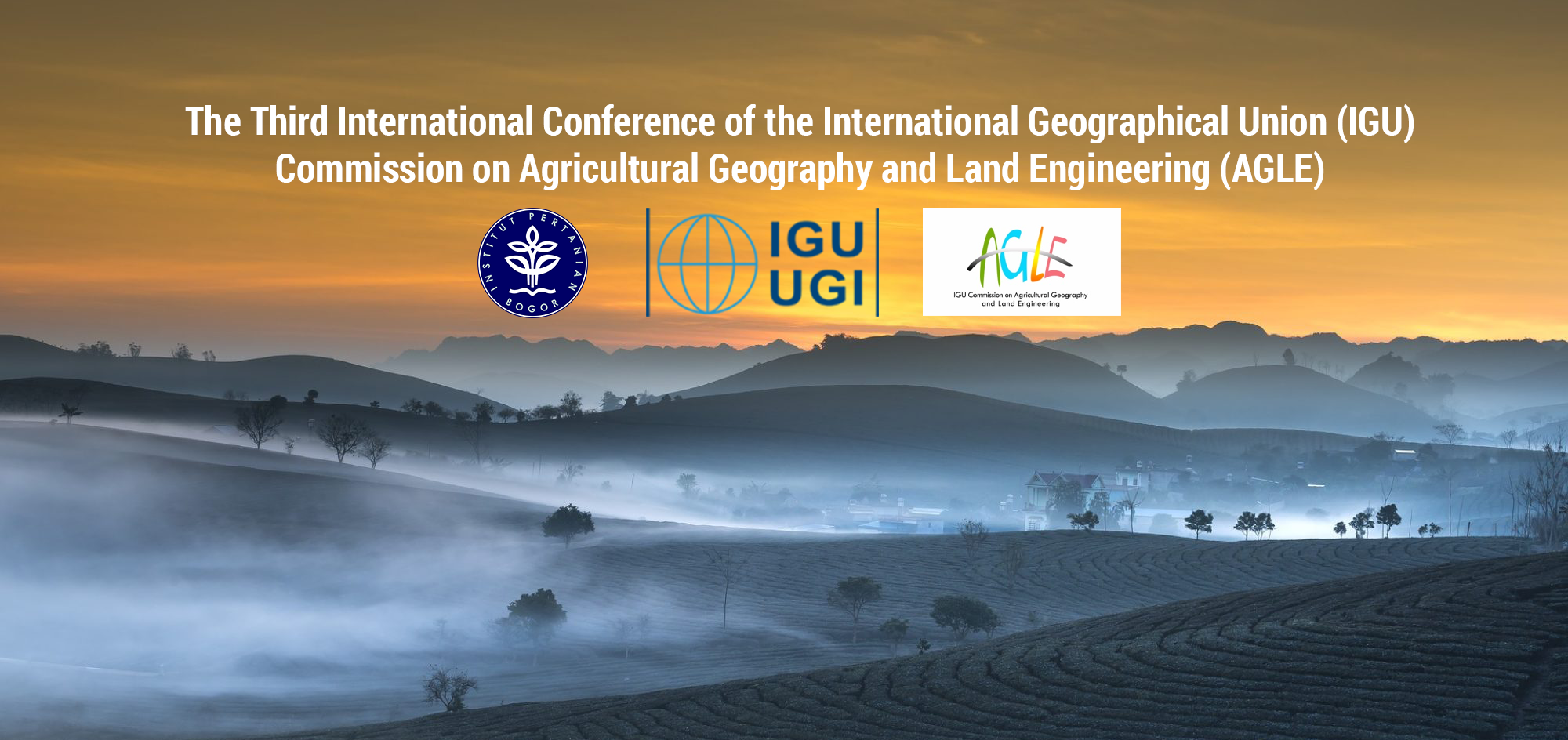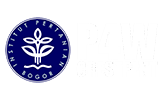
The Third International Conference of the International Geographical Union (IGU) Commission on Agricultural Geography and Land Engineering (AGLE)
The twentieth century constituted a period of massive changes- from the introduction of automobiles to commercial air travel to the development of computer technologies, we have seen technology bring about shifts which have dramatically influenced the course of human life. However, few changes have been as significant as the urbanization process which has witnessed dramatic shifts of population from rural to urban areas globally. In the meantime, our planet has transformed from an agrarian society to an urbanized society.
The world’s urbanization development has not been achieved without long-term increasing productivity in agriculture, which has made it possible for the countryside to feed ever-growing urban populations. However, the rapidly expanding cities, with a continuous influx of immigrants, have consumed large amounts of farmland and made it harder to maintain global food security. In addition, concerns have grown over rural decline as depopulation has challenged many villages which are suffering labor shortages and inefficiently managed and/or abandoned land.
Today’s global knowledge economy signifies yet another stage of the dynamic urban-rural relationship. The knowledge economy, including knowledge-intense industry, is based on innovations that are dependent on new combinations of human knowledge. In this sense, big city-regions provide the highest potential for face-to-face contacts and new combinations of human knowledge. This is why the knowledge economy concentrates in big city-regions. For cities, the resources of the rural hinterlands (land, forests, minerals) have lost their relative importance and the resources of other cities (e.g. knowledge) have increased in importance. As a result, inter-city interaction, trade and exchange are now the predominant forms of exchange on both global and national levels, while the share of urban–rural interaction and trade has decreased with changing consumption patterns and shrinking rural population shares.
How to maintain the world’s urban development in the knowledge economy? How to evaluate the impacts of urbanization on agriculture and land use in the world? The conference “Rethinking the Impacts of Urbanization on Agriculture and Land Use” aims to address the world’s urbanization trends and investigate the impacts of urbanization on agriculture and land use with a critical assessment of current urbanization patterns. This conference is the Third Conference of the IGU Commission on Agricultural Geography and Land Engineering (AGLE), which was formally established in late 2016.
The conference will include plenary sessions, paper sessions and a field-trip. The topics of the conference include but are not limited to:
- Agriculture and the knowledge economy
- Agriculture in the peri-urban fringe
- Land use and land cover change
- Urban-rural interactions
- Urbanization development patterns and their affects on agriculture
- Land consolidation and modern agriculture
- Urban agriculture
- Rethinking the role of agriculture in urbanized society
- Towards agriculture 4.0
- Rural renewal to support agriculture
- Agricultural land protection for food security
Organized by: Center for Regional Systems Analysis, Planning, and Development (Crestpent) -IPB, Bogor Agricultural University, Indonesia and IGU-AGLE Commission
Venue: IICC (IPB International Convention Center) – Bogor West Java, Indonesia
Time: 22-24 October, 2019 (two days seminar and one day fieldtrip)
Publication : Suitable papers presented at the conference will be considered for publication in the journal Cities, published by Elsevier
For more information please follow this link:
